
Article
Four Principles to Ensure Hybrid Work Is Productive Work
Organizations have become more flexible about where and when employees work. Now they need to be more intentional about their choices and trade-offs.
Recommendation
COVID-19 has spurred unintended worldwide experimentation regarding work-from-home. Companies and their employees have had several months to experiment with new work models and to discover the advantages and disadvantages of home versus corporate offices and of fixed versus flexible work hours. Writing in MIT Sloan Management Review, London Business School professor Lynda Gratton offers a helpful guide to implementing lessons learned about new work models to help companies and their employees thrive.
Summary
About the Author
Lynda Gratton is a professor of management practice at London Business School and founder of the advisory practice HSM.







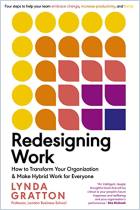



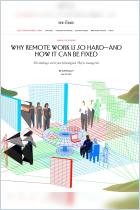
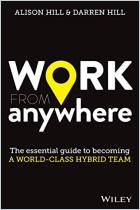
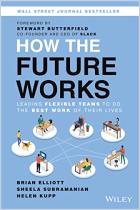
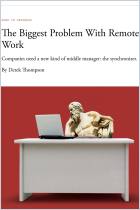













Comment on this summary or Iniciar a Discussão